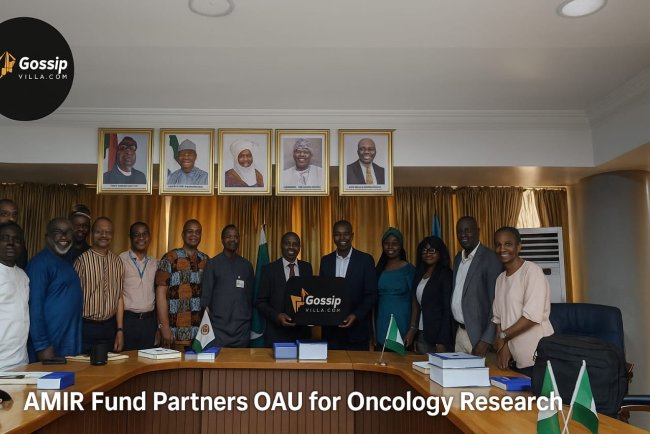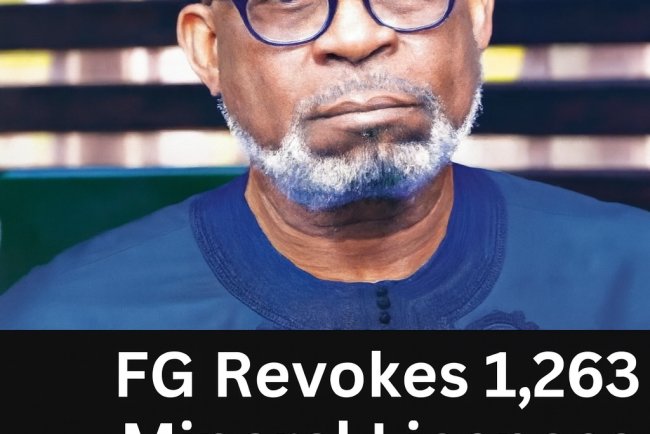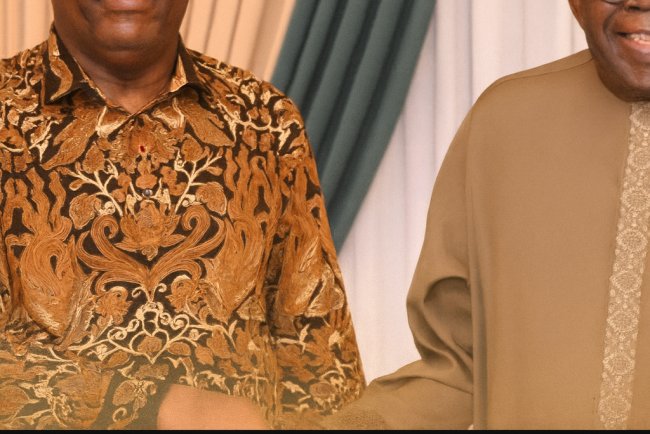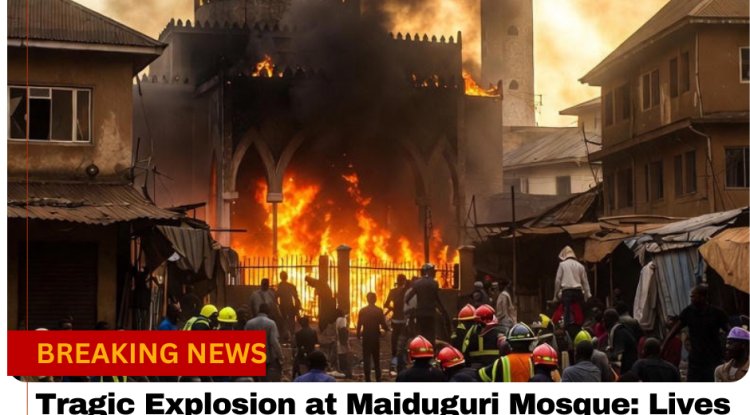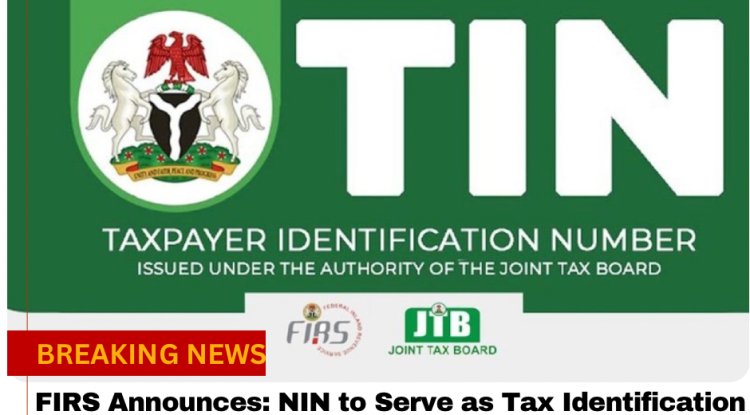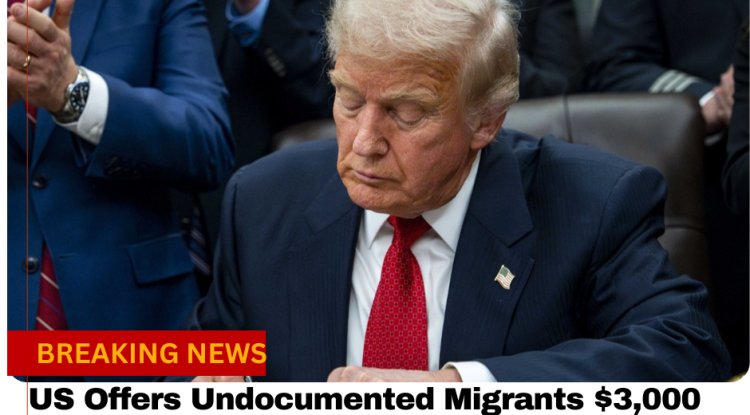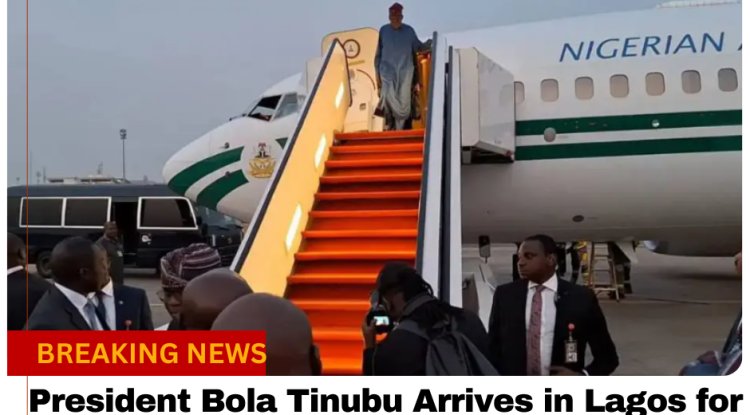President Tinubu Vows to Crush Terrorism and Build Global Security Ties
President Tinubu vows to crush terrorism and strengthen global security partnerships in Abuja. A bold pledge amid rising threats and U.S. pressure.
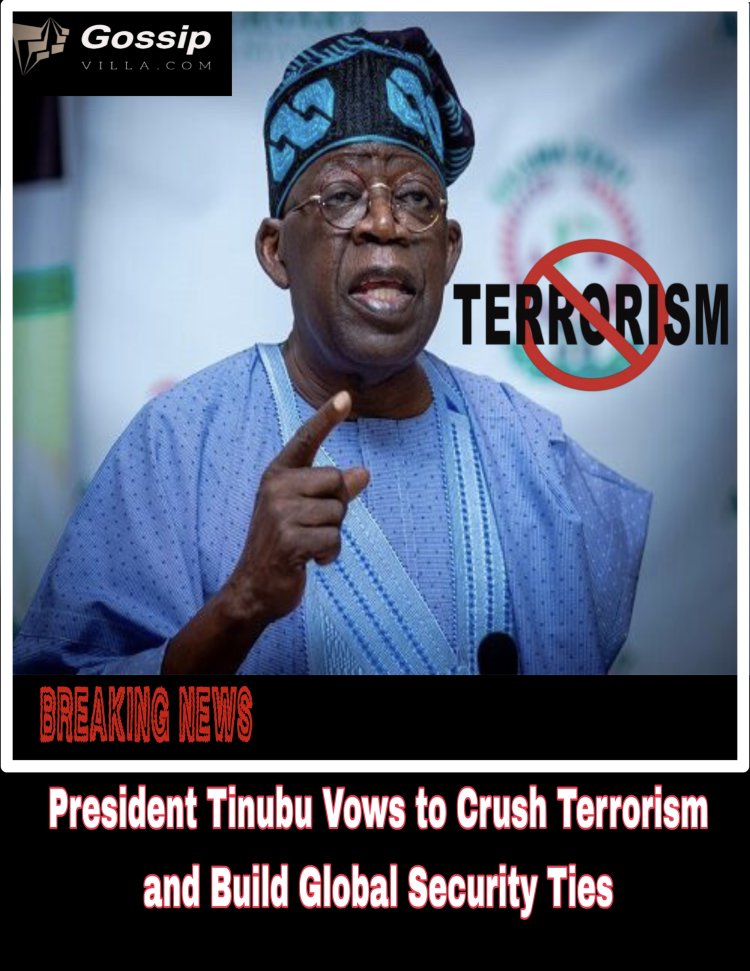
President Tinubu Vows to Crush Terrorism and Build Global Security Ties
In a nation long scarred by the shadows of insurgency and insecurity, President Bola Tinubu’s recent declaration has ignited a spark of resolve. Speaking just hours before a pivotal Federal Executive Council (FEC) meeting in Abuja, the Nigerian leader vowed to “crush” terrorism and deepen international partnerships to secure the country’s future. This isn’t mere rhetoric it’s a direct response to mounting global pressures, including pointed criticisms from the United States under President Donald Trump. As Nigeria grapples with resurgent threats from groups like Boko Haram and banditry, Tinubu’s words signal a renewed push for both domestic action and diplomatic muscle. But can promises translate into progress? Let’s dive deep into the details, the context, and what this means for Africa’s most populous nation.
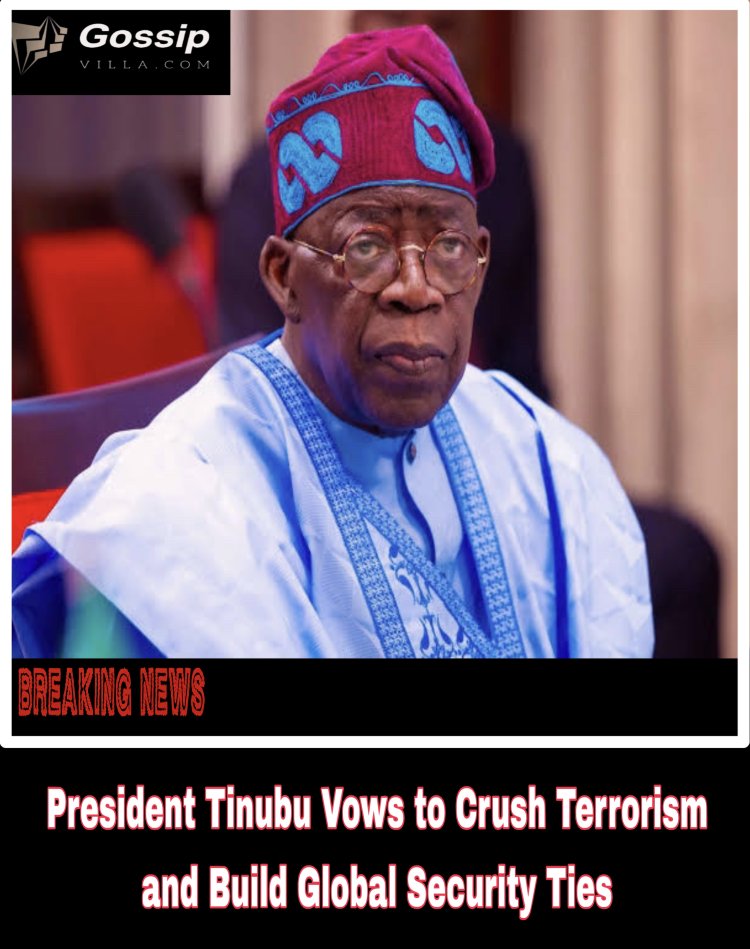
The Vow: A President’s Unyielding Commitment
On Thursday, November 6, 2025, at Aso Rock Villa in Abuja, President Tinubu addressed journalists ahead of the FEC’s first session since July. The timing was no coincidence; this marked a return to normalcy after months of political turbulence, including health concerns and cabinet reshuffles that had sidelined routine governance. In his remarks, Tinubu cut straight to the heart of Nigeria’s most pressing crisis: security.
“We are engaging the world diplomatically, and we assure all of you that we will defeat terrorism,” he declared, his voice steady amid the humid evening air. It was a vow laced with urgency, extending beyond insurgents to emerging digital threats like cybercrimes and sextortion. “We are working hard to eliminate terrorism, cybercrimes, sextortion, and I am glad that we have a good number of agencies that are involved in this,” he added, underscoring a multi-agency approach involving bodies like the National Security Adviser’s office and the Department of State Services.
According to punch news,Tinubu didn’t stop at domestic resolve. He emphasized a proactive diplomatic offensive: “Despite political headwinds and fears, we will continue to engage with our partners.” This pledge to “crush” criminal elements terrorizing the nation comes with a call for collaborative firepower inviting global allies to bolster Nigeria’s fight through intelligence sharing, training, and resources.
While specific initiatives weren’t outlined in the briefing, insiders hint at ramped-up engagements with the African Union, ECOWAS, and bilateral talks with key Western donors. The message was clear: Nigeria won’t stand alone.
Nigeria’s Security Quagmire: A Legacy of Unfinished Battles
To understand the weight of Tinubu’s words, we must rewind to the roots of Nigeria’s security woes. For over a decade, the northeast has been a battleground for Boko Haram and its splinter, ISWAP (Islamic State West Africa Province), which have claimed thousands of lives and displaced millions. According to the Council on Foreign Relations, these groups have killed over 35,000 people since 2009, fueling a humanitarian crisis that spills into neighboring Chad, Cameroon, and Niger.
Under Tinubu’s predecessor, Muhammadu Buhari, military gains were hard-won but fragile territorial recoveries in 2015-2016 gave way to asymmetric warfare, with insurgents resorting to hit-and-run tactics and economic sabotage. Tinubu’s administration, now in its second year, inherited a cocktail of challenges: farmer-herder clashes in the Middle Belt, banditry in the northwest, and oil theft in the Niger Delta. Recent reports from the International Crisis Group highlight a 20% uptick in attacks in 2025, exacerbated by climate-driven resource scarcity and youth unemployment hovering at 40%.
Tinubu’s vow echoes his inaugural promises of “renewed hope,” but it’s tempered by realism. “The task ahead is immense,” he acknowledged, signaling that victory demands more than boots on the ground it requires dismantling terror financing networks and addressing root causes like poverty. (premium times)
Yet, critics argue that without transparent metrics for success such as reduced Internally Displaced Persons (IDPs) or improved border controls these assurances risk fading into the echo chamber of past administrations.
The Trump Shadow: Global Scrutiny and Diplomatic Tightrope
No analysis of Tinubu’s statement is complete without the elephant in the room: U.S. President Donald Trump’s aggressive posture on Nigeria’s security. Just days prior, on November 2, 2025, Trump designated Nigeria a “Country of Particular Concern” (CPC) for alleged religious freedom violations, a label tied to unverified claims of “Christian genocide” by Fulani militants and jihadists. This wasn’t idle saber-rattling; Trump, fresh off his 2024 reelection victory, has mulled military intervention, including drone strikes on terror enclaves, and threatened to withhold aid unless Nigeria “steps up.”
Nigeria’s Foreign Ministry swiftly rebutted the claims as a “misrepresentation,” pointing to data from the U.S. State Department’s own reports that show Muslims as the majority of terror victims. Tinubu’s response? A masterful pivot. “We want our friends to help us as we step up our fight against terrorism, and we will eliminate it,” he assured, framing U.S. involvement not as coercion but as partnership. This comes amid whispers of a potential Tinubu-Trump summit, where counterterrorism aid valued at $500 million annually from USAID and the Pentagon could be on the table.
The stakes are high. Trump’s “America First” doctrine has already seen aid cuts to African nations perceived as unstable, and Nigeria, Africa’s largest economy, can’t afford isolation. Tinubu’s strategy courting not just Washington but also Beijing, Brussels, and Abuja’s regional allies aims to diversify support. Recent pacts with France for Sahel intelligence and the UK’s MI6 for cyber defenses exemplify this multi-polar approach. It’s a delicate dance: embracing help without ceding sovereignty.
Pathways Forward: From Vows to Victories?
Tinubu’s pledge isn’t without precedent—similar vows from leaders like Goodluck Jonathan yielded mixed results, often hampered by corruption scandals and underfunded militaries (Nigeria’s defense budget sits at a modest 1.5% of GDP). Yet, there’s cautious optimism. The administration has greenlit tech-driven solutions, like AI surveillance drones in Borno State and blockchain tracking for arms flows. Global partnerships could amplify these: Imagine joint ops with U.S. Special Forces or EU-funded deradicalization programs for ex-fighters.
For everyday Nigerians from the markets of Kano to the farms of Benue this vow translates to tangible hopes: safer roads, rebuilt schools, and economic revival. As Tinubu noted, security underpins stability and growth; without it, FDI remains elusive, and the naira stays volatile.
READ MORE ON: “Trump Declares Nigeria a “Country of Particular Concern” Over Religious Freedom Violations”
A Call to Collective Resolve
President Tinubu’s vow to crush terrorism and fortify global alliances isn’t just a soundbite—it’s a clarion call in a storm of skepticism. Amid Trump’s threats and domestic despair, it reaffirms Nigeria’s agency in its destiny. Will it deliver? History judges by actions, not words. But for now, as the FEC deliberates behind closed doors, one thing is certain: the world is watching, and Nigeria is ready to lead the charge.
What's Your Reaction?







